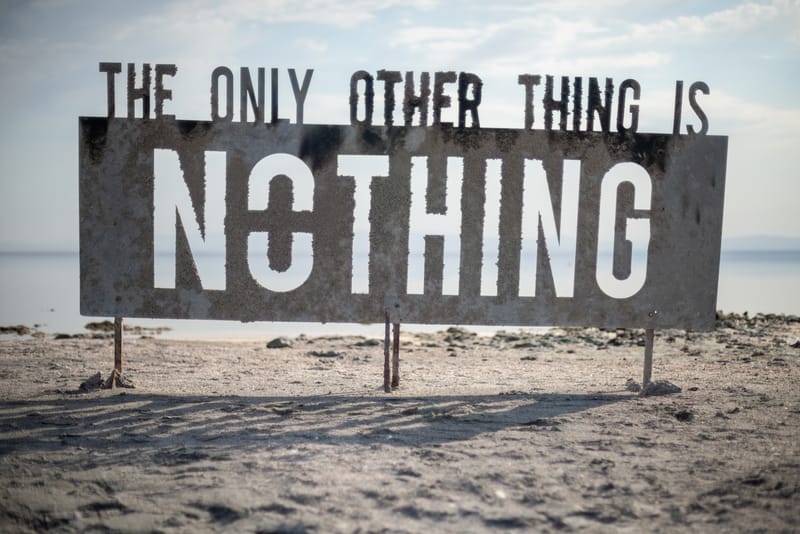
Terrorism has long been a threat in the western world. Terrorist groups like Al Qaeda and Islamic State have evolved beyond suicide bombers to cause disruption in new and frightening ways in the United States, Europe, Asia and beyond.
But these threats don’t exclusively stem from the Middle East or conflict zones. Today, extremism has roots at a local level.
We need to understand how Islamic women can play a key role in their communities, how education can have a bigger impact than warfare, and how community-building can break down barriers.
We must also understand an individual’s motives for committing terrorist crimes. The Global Terrorism Research Centre reveals that the underlying issues are often related to isolation, drugs or mental health.
How we punish terrorist acts is a key question for Australian policy makers. Does Australian terrorism law align with constitutional values, or does it complicate what should be a simple legal issue?
Rarely do we go beyond the news headlines and reveal new strategies for dealing with terrorist groups and get a fresh perspective on the war on terror.
In this third episode of the five-part documentary series 'A Different Lens', Monash academics and industry leaders from the disciplines of education, law and social and political science provide their unique insights into the future of terrorism.





